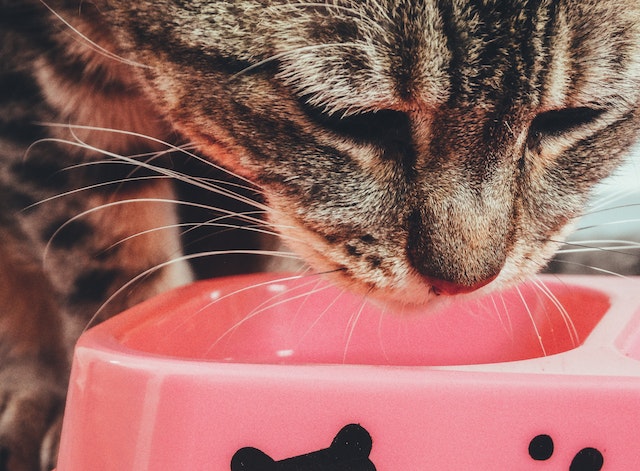Introduction: Anorexia, or a complete loss of appetite, in cats is a serious concern that should never be ignored. It can be challenging to determine the underlying cause, as there are various factors that can contribute to a cat’s refusal to eat. In this article, we will explore and shed light on the possible causes of cat anorexia, ranging from underlying illnesses to anxiety-related issues.
- Underlying Medical Conditions: Anorexia in cats can be a symptom of various medical conditions. It is crucial to consider illnesses such as gastrointestinal disorders, kidney disease, liver problems, dental issues, or infections. These conditions can cause discomfort, pain, or nausea, leading to a loss of appetite. If anorexia persists for more than 24 hours, consult a veterinarian for a thorough examination.
- Dental Problems: Dental diseases, such as periodontal disease, tooth decay, or mouth sores, can significantly affect a cat’s ability to eat comfortably. The pain associated with these conditions can lead to a reluctance to chew or swallow food. Regular dental care, including professional cleanings and dental exams, is vital for maintaining good oral health in cats.
- Stress and Anxiety: Cats are sensitive animals that can experience stress and anxiety, which can result in anorexia. Changes in their environment, such as moving, the introduction of new pets, or disruptions in their routine, can trigger stress and impact their appetite. Creating a calm and stable environment, providing hiding places, and using pheromone diffusers may help alleviate their anxiety.
- Dietary Changes or Food Preferences: Cats can be selective eaters and may refuse certain foods or flavors. Changes in their diet or the introduction of new food can cause them to reject their meals. It is essential to gradually transition between different foods and find options that match their preferences and nutritional needs.
- Medications and Side Effects: Certain medications can suppress a cat’s appetite or cause nausea, leading to anorexia. If your cat has recently started taking medication, consult with your veterinarian to determine if it could be contributing to their loss of appetite. Adjustments to the medication dosage or alternative treatment options may be considered.
Conclusion: Cat anorexia can stem from a range of causes, including underlying medical conditions, dental problems, stress and anxiety, dietary changes or preferences, and medication side effects. Identifying the underlying cause is crucial for appropriate treatment. If your cat exhibits prolonged anorexia or other concerning symptoms, it is essential to consult a veterinarian for a thorough evaluation. Early intervention and proper care can help restore your cat’s appetite and overall well-being.




